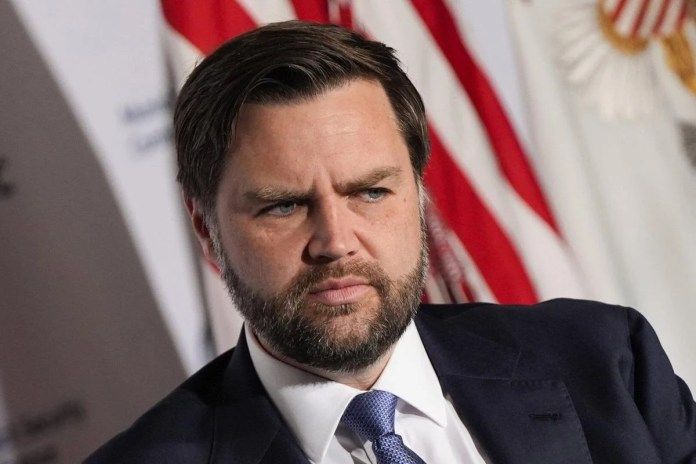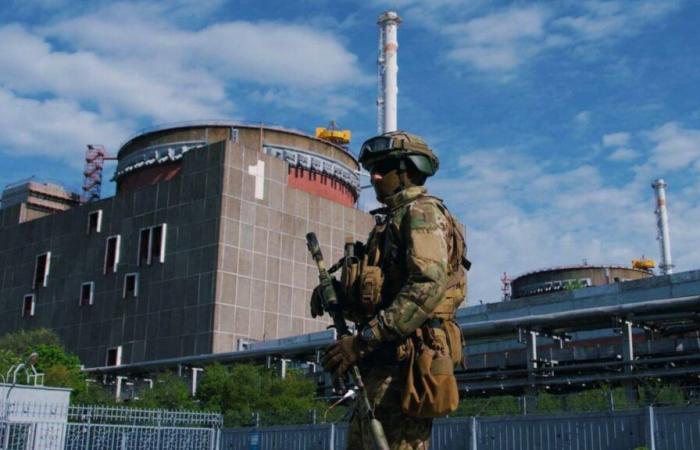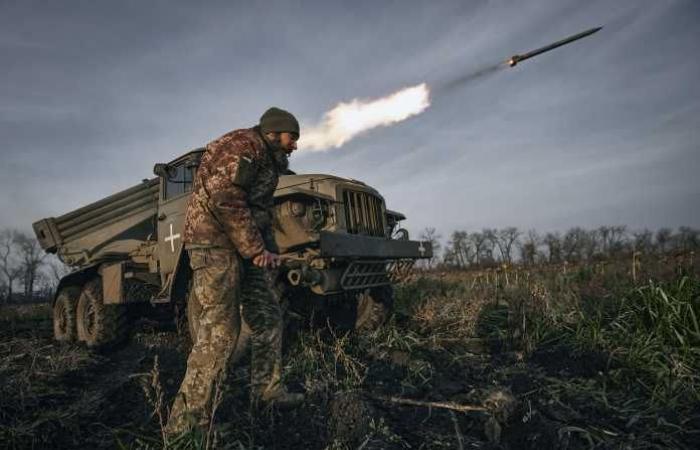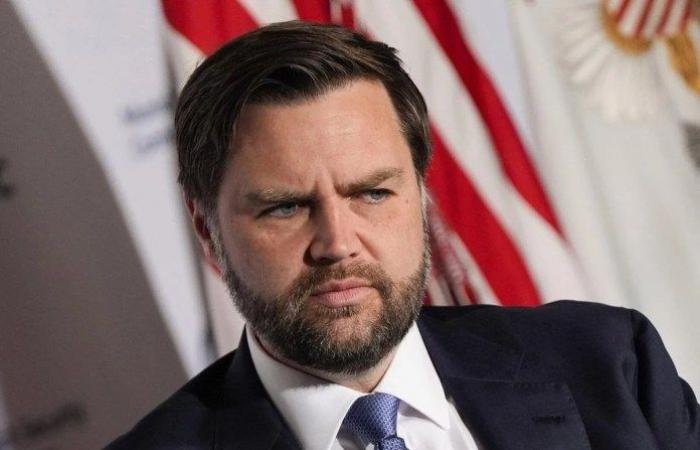The United States vice president, JD Vance, warned that Washington is willing to withdraw from the negotiating table with Russia if you do not perceive a genuine commitment from Moscow to advance an agreement that ends the conflict in Ukraine. The warning was conducted during an interview with Fox News on May 8, in the midst of a context of stagnation in indirect conversations promoted by international actors.
“What would worry me is that we conclude that the Russians are not participating in the negotiations in good faith. And if that happens, yes, we will retire,” said Vance, stressing that the patience of the United States has a limit.
Although he acknowledged that the fact that both parties have exchanged proposals constitutes “a sign of progress”, Vance also expressed skepticism regarding Kremlin’s intentions. In particular, he criticized Russia’s initial position, which he described as “excessive”, warning that Moscow aims to impose conditions based on a perception of military superiority on the field.
“We knew that Russia would ask too much because their perspective on the ground is that they are winning,” Vance explained. “We do not want Ukraine to collapse. Obviously, we want Ukraine to remain a sovereign country. But Russia cannot expect a territory that has not even conquered yet.”


From his Truth Social platform, Trump said: “As president, I will maintain my commitment to ensure peace between Russia and Ukraine, together with the Europeans, and it will be a lasting peace. Hopefully a high acceptable fire is respected and that both countries pay accounts for respect for the holiness of these direct negotiations. If the high fire, the United States and its partners will not impose more sanctions.”
The American position reflects a double pressure: on the one hand, ensure that Russia does not impose unreal conditions in the treatment; on the other, prevent prolonged wear of the war erosione even more the international system of sanctions and internal support for war effort.
In parallel, Europe observes the discursive turn in Washington. For NATO allies, the possibility of an American diplomatic withdrawal could mean greater fragmentation in the common strategy against Moscow. In this context, the margin of Ukraine maneuver is also reduced, trapped between maintaining its territorial integrity and responding to external pressures due to a high immediate fire.
The future of conversations remains uncertain. Meanwhile, on the ground, the clashes continue to intensify in areas such as Donetsk, Zaporiyia and Járkov, without clear indications of a Russian replication or concrete signs of a truce.
You may be interested: Azov details the creation of an international battalion with foreign combatants in Ukraine








